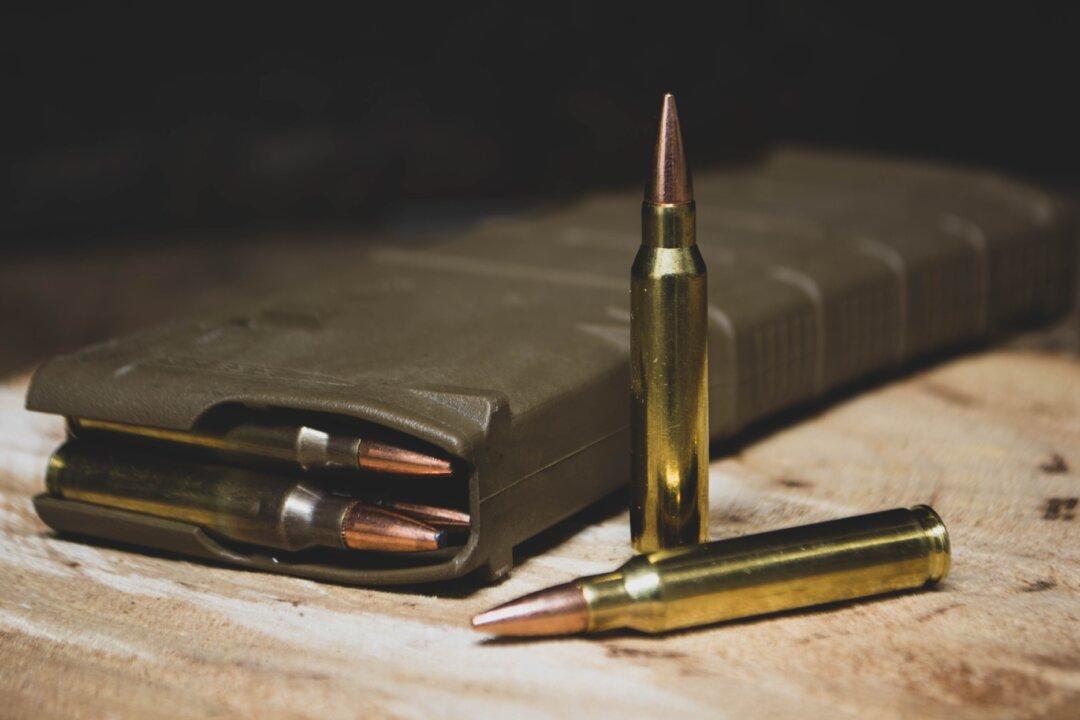A journalist for Business Insider recently tested the ease of buying a gun at a Walmart store, and after being denied during the background check, concluded it was “far more complicated” than she expected.
Business Insider reporter Hayley Peterson said in an Aug. 21 report that she tried to buy a gun at a Walmart store in Virginia to test “the placement, selection, marketing, and security of firearms in Walmart’s stores, and to learn more about the retailer’s processes governing gun sales.”





